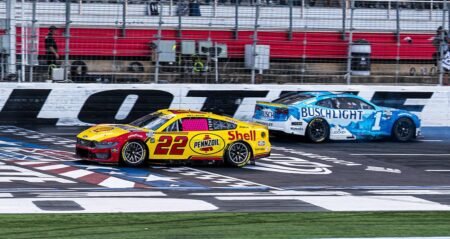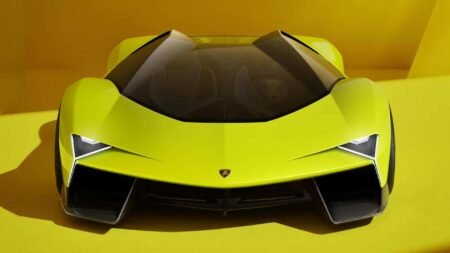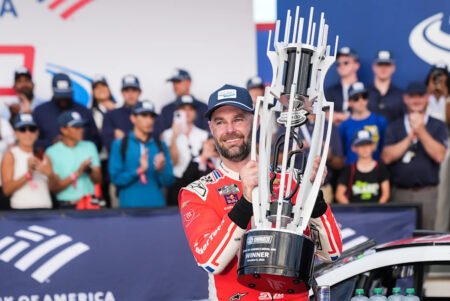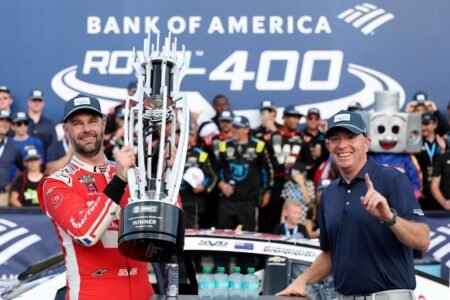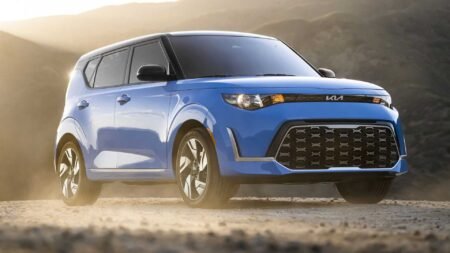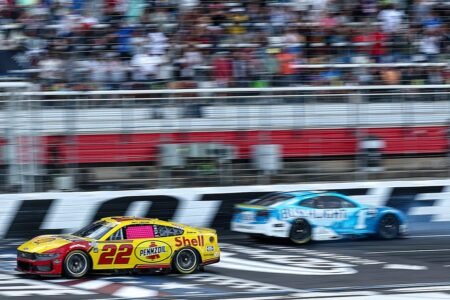Jaguar Land Rover CEO Adrian Mardell is stepping down after just two years in the role, with the company’s current CFO set to take his place. Starting in November, PB Balaji will assume the reins and lead Jaguar’s contentious rebranding push. The soon-to-be chief has already defended the brand’s “Copy Nothing” campaign, which has stirred controversy since launching in December 2024 alongside the debut of the Type 00 concept.
Speaking to reporters, including Automotive News, Balaji voiced optimism about Jaguar’s relaunch:
“We have put our plans together, the cars are being revealed, they’re getting exciting response from the customers on the ground. Therefore, that’s what the strategy is.”
He also responded to President Trump’s scathing remarks, calling Jaguar’s direction a “total disaster,” among other criticisms, by saying:
“You need to compare our numbers vis-à-vis how others are delivering.”
Photo by: Jaguar
We’re not here to get into politics, but it’s worth noting that few of the “customers” Balaji referenced are legacy Jaguar buyers. Managing Director Rawdon Glover has admitted the company is prepared to lose up to 85 percent of its current clientele. The rebrand into a high-end EV automaker is expected to retain only around 15 percent of existing buyers, a significant blow to returning customers as Jaguar targets Bentley and similar elite marques.
While many automakers have scaled back ambitious electrification plans, Jaguar is bidding farewell to combustion engines entirely. Glover says that in the high-end segment, buyers care little about what powers the wheels: “Powertrain is about 13th on the list.” Instead, design and interior take priority.
Circling back to JLR’s new top brass, Balaji also hinted at additional models beyond the stately grand tourer set to debut later this year: “Cars are being revealed.” Industry insiders believe two more EVs, sharing the same dedicated platform, will follow at roughly one-year intervals: one a coupe, the other a large SUV to rival Bentley’s upcoming first electric model.
In this new era, Jaguar won’t sell anything under six figures, whether in dollars, euros, or pounds. Entry prices for the upcoming EVs will exceed $100,000, a far cry from the days when an E-Pace or XF in the U.S. started at around $50,000.
The move upmarket prioritizes profit margins over volume, which is why the Tata Motors-owned brand is unbothered by lower sales. As a result, Jaguar’s 2018 peak of 180,833 vehicles sold will almost certainly remain unmatched.

42
Source: InsideEVs
Read the full article here







